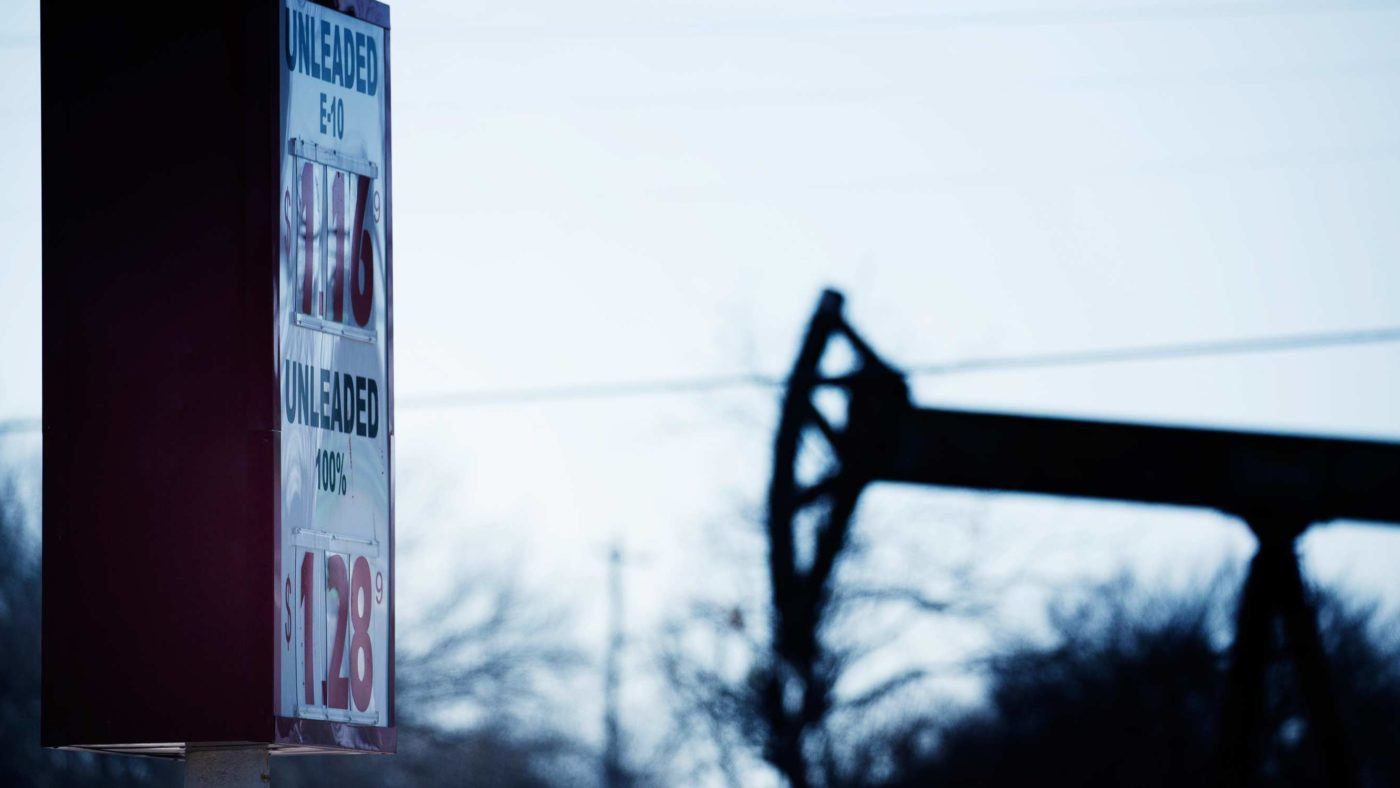Throughout this epic presidential campaign, we’ve been hearing candidates on both sides bid for our votes by making grand promises to the public—from bringing manufacturing back to U.S. soil to free college tuition. But efforts to appeal to the Americans are, sadly, only a side show.
The political system is better understood as the trade in favors between special interests and government that happens between the elections. In other words, cronyism—backroom deals between powerful politicians and the businesses that have the money to pay them. Despite warnings from economists about the harm this practice inflicts on average, hardworking taxpayers and their families, in addition to the economy as whole, it continues. Oklahoma is now making headlines as a case-in-point.
The victims are Oklahoma’s children. In 2014, oilmen in the state struck a sweet deal with politicians for a package of tax breaks and subsidies totaling $470 million in just one year. But now that oil prices have fallen, the state has found itself short of cash to pay for services like public education. As a result, Oklahoma has cut its education budget by $58 million so far and more cuts should be expected for next year.
The lesson here is that when politicians give out special deals to businesses, the public ultimately suffers. In this case, kids may not get a proper education because state politicians chose to subsidize oil drilling. Oil and gas production tax revenue in Oklahoma dropped over 30 percent even though oil prices and output soared. The tax subsidies to oil companies account for this staggering loss.
The bad policy deal is highlighted when contrasted with other oil-rich states like Texas and North Dakota which have seen their tax revenues increase. Where Oklahoma’s tax rate during the shale boom was only 1%, the going rate for North Dakota’s Bakken oilfield was 11.5%. Some of the extra tax revenue has been channeled to schools.
But this is only the most obvious lesson coming out of this situation. The deals cut between politicians and special interests corrode a solid, healthy economy on an even deeper level by creating distortions when it comes to risk and reward for businesses. In contrast to government manipulation, a free enterprise system forces businesses to make decisions about how they can best deliver value to customers. When they succeed, they earn profits. When they fail, they lose their capital.
When the government gets involved in picking the winners and losers by doling out subsidies and tax breaks, selected businesses are relieved of the threat of loss while the lure of profits remains or even increases. As a result, profits are rewarded to short-sighted and imprudent investments that satisfy political goals rather than the needs of consumers. And taxpayers are left with the tab.
This is what we’ve seen in Oklahoma. Special tax breaks were offered to the oil industry to advance investments in risky drilling projects. In other words, politicians in Oklahoma hedged the state’s budget on the success of these oil projects. They were wrong: with plummeting oil prices, the state’s investment didn’t lead to the expected increase in tax revenue. Instead, Oklahoma is facing a budget downfall that has translated into the cuts in education. Reuters reports that at least 100 school districts are considering shorter weeks or school years as a result. The contrast leaves a very bitter taste: kids get less education because oil companies make abnormal profits.
The effects of government subsidies, while not immediate, are inevitable and painful. Not only have we lost tax revenue, which led to cuts in schools, but we’ve created an economy in which the deck is stacked against many businesses for the benefit of the few. Who knows what entrepreneurs and innovators would have brought to market had they been given a fair shot? The bottom line: Government subsidies cripple the free enterprise system, and we’re poorer as a result.


